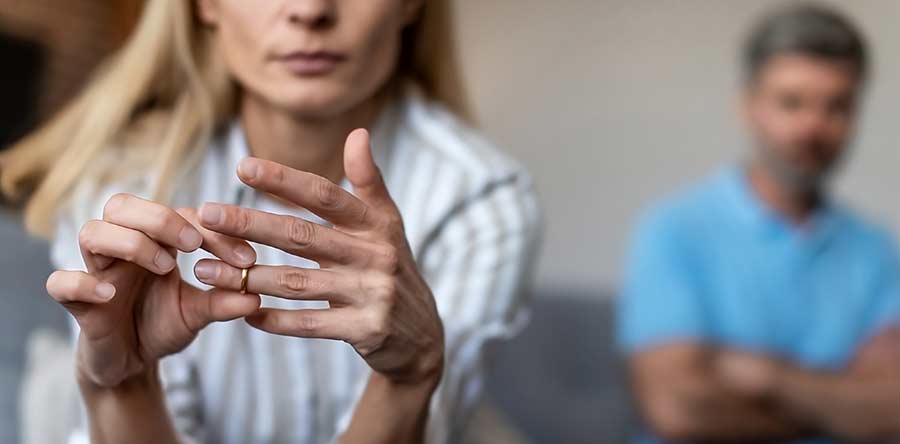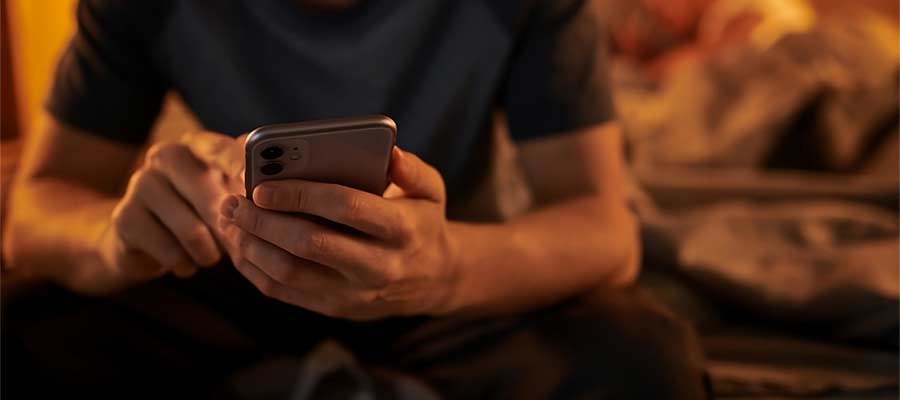Sexaholic in Massachusetts
Welcome to The Successful Addict. My name is Roland Cochrun, and like you, I was once a sex addict. If you found my online resource while searching for Sexaholic in Massachusetts, you are at the right blog. In 2024 pornography addiction is at an all-time high. Society sees viewing porn as no big deal and that may even be beneficial for self-exploration, allowing for better relations with your partner. However, if messing with porn to the extent where viewing porn affects your daily life it may be an issue. Statistics show that porn addiction can lead to a loss of self-confidence as those affected may see themselves to porn actors making them feel less than adequate. This may result as feelings of guilt condition that can affect a person’s overall mental health and wellbeing.
While medicine has failed recognized sex and pornography addiction as a diagnosable condition. For some porn addiction is real. That is why we created The Successful Addict. Psychotherapist is concentrated in provideding cognitive behavioral therapy to individuals addicted to sex and porn, as well as to partners, since all are affected by an individual’s pornography behavior.Cognitive behavioral therapy. This type of psychotherapy focuses on replacing negative thoughts and behaviors with other ways to better cope and reduce the impulse to have sex.
How Do I Know If I Have a Porn Addiction?
Some of the most common signs of porn addiction can include sexual dysfunction. Many people who visit thesuccessfuladdict.com searching for answers for Sexaholic in Massachusetts, are also dealing porn addiction withdrawal symptoms. Some common withdrawal symptoms associated with pornography addiction can include loss of sex drive. So, if you catch yourself using porn to cope with difficult emotions like pain, anxiety, and sadness there is a high possibility that you have a sex and porn addition.
At www.thesuccessfuladdict.com we understand how destructive pornography addiction can be. It is no problem if you are in search of Sexaholic for you, your special someone or co-worker, anybody struggling with with porn addiction, can make use of our pornography addiction intensive. That said, you need to make the first move, and contact us right now.
Blogs Related to Sexaholic in Massachusetts
Is There Sex Addiction Help for Partners?
When the topic of addiction arises, the focus often centers on the individual struggling with the dependency. Yet, the repercussions of such addictions extend beyond the [...]
How to Stop Porn Addiction?
Porn addiction is a growing concern in today's society, with millions of individuals struggling to break free from its debilitating grasp. The negative consequences of porn [...]
Sex Addiction Support Groups for Spouses
When it comes to tackling the complex challenges of sex addiction, the focus is often on the individual struggling with the disorder. However, the silent sufferers [...]
Additional Resources About Sex & Porn Meets!
Don’t matter if you are searching for Recovery From Sex Addiction or Sex Addiction Help you will find resources and the help you need at www.thesuccessfuladdict.com. Here‘re trending realted to Sexaholic in Massachusetts, but also consider taking a look at out blog for more reasources and info realted to sex recovery program…







